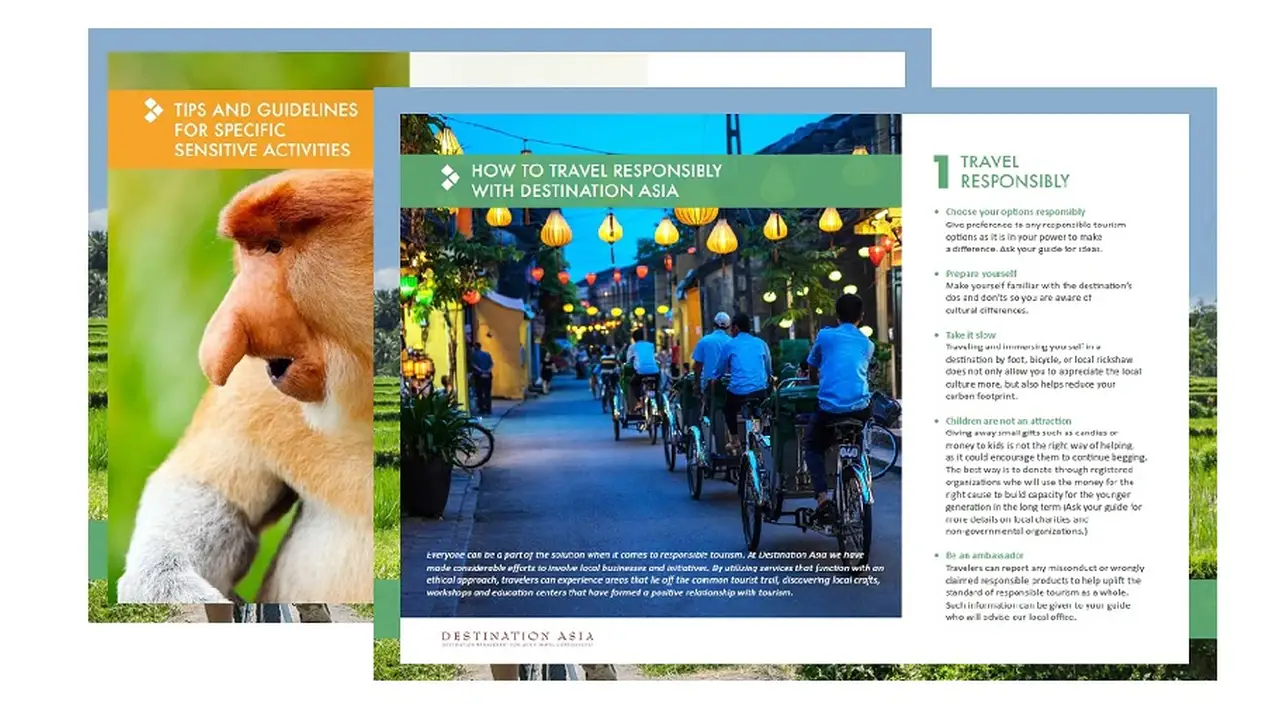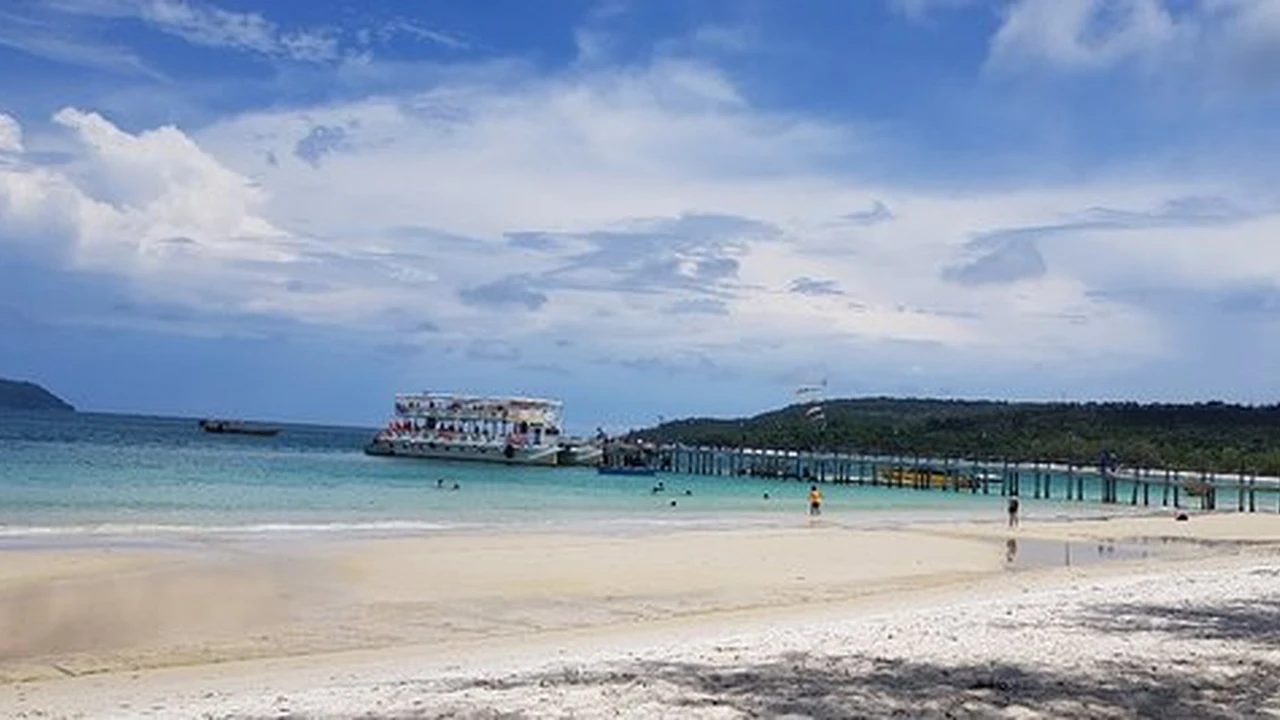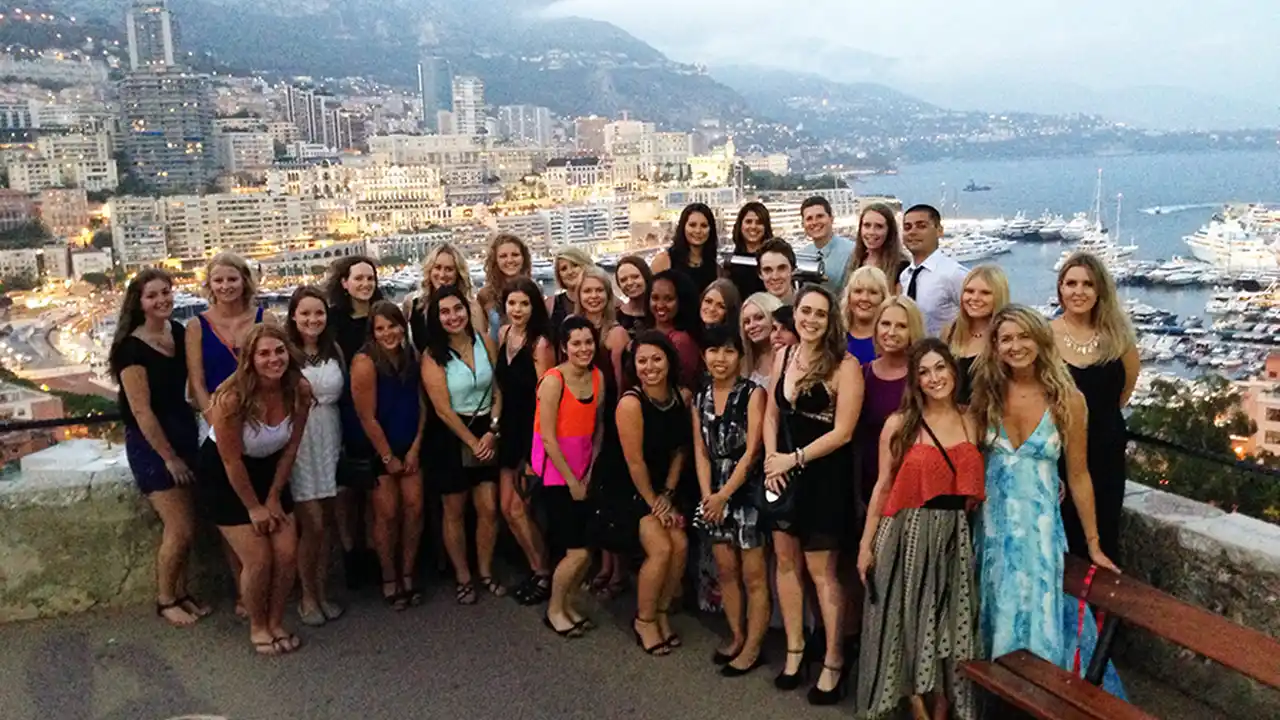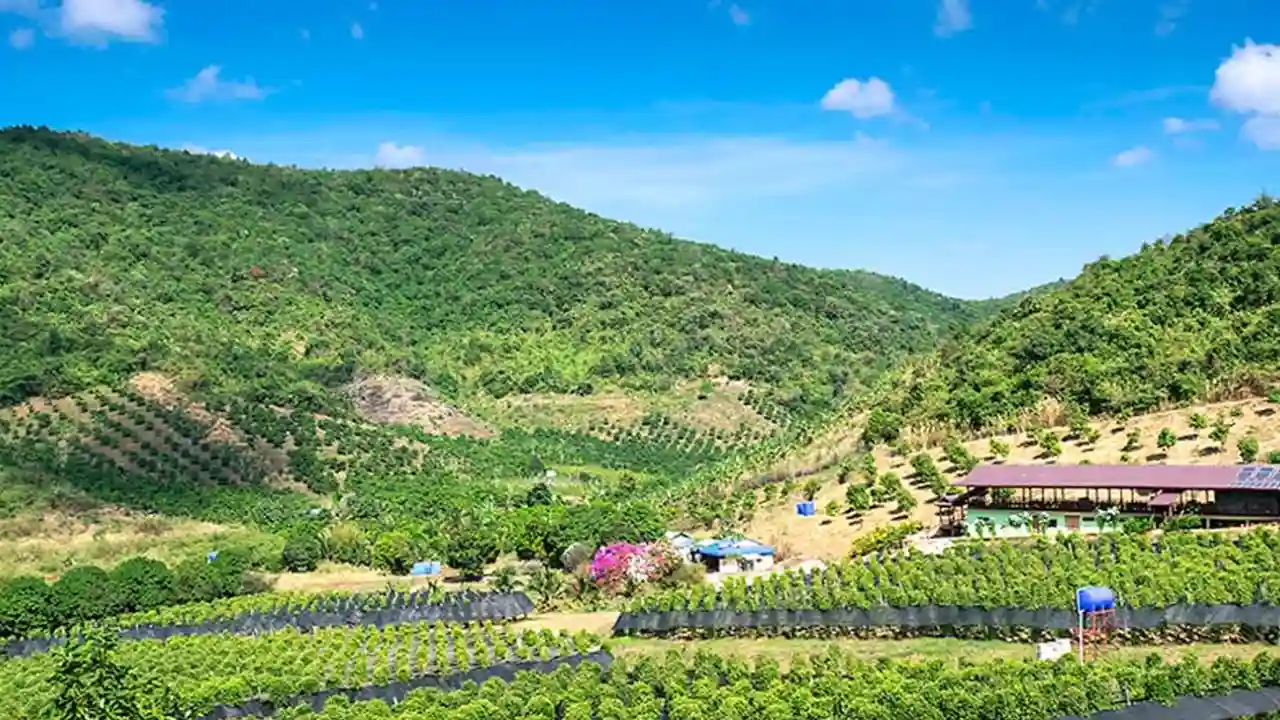Cambodia Responsible Travel: Tips for US Visitors

Planning Your Eco Friendly Cambodia Adventure US Visitor Guide
Hey there, fellow traveler! So, you're thinking about hitting up Cambodia? Awesome choice! It's a land of ancient temples, vibrant culture, and breathtaking landscapes. But, like any travel destination, it's important to be mindful of your impact. This isn't just about snapping some pics for the 'gram; it's about leaving a positive footprint and ensuring that Cambodia remains beautiful for generations to come. This guide is packed with tips specifically for US visitors looking to travel responsibly in Cambodia. Let’s dive in!
Understanding Responsible Travel in Cambodia Sustainable Tourism for Americans
Responsible travel, or sustainable tourism, is all about making choices that benefit the local environment, economy, and culture. It means being aware of the potential negative impacts of tourism and actively working to minimize them. Think about it: your choices can empower local communities, protect endangered species, and preserve cultural heritage. It's a win-win!
Respecting Cambodian Culture Etiquette Tips for US Tourists
Cambodia has a rich and unique culture, and showing respect is key. Here are a few things to keep in mind:
- Dress modestly: Especially when visiting temples (wats). Cover your shoulders and knees. Lightweight, breathable clothing is your best friend.
- Learn a few basic Khmer phrases: Even a simple "Sua s'dei" (hello) or "Orkun" (thank you) can go a long way. The locals will appreciate the effort!
- Be mindful of public displays of affection: While holding hands is generally okay, avoid excessive displays of affection in public.
- Remove your shoes when entering temples and homes: This is a sign of respect.
- Don't point your feet at people or religious objects: This is considered rude.
- Ask for permission before taking photos of people: It's always polite to ask first.
- Bargain respectfully: Haggling is common in markets, but do it with a smile and be mindful of the value of goods. Don't try to drive the price down too low.
Supporting Local Businesses Ethical Shopping in Cambodia for US Travelers
One of the best ways to travel responsibly is to support local businesses. This helps to boost the local economy and ensures that your money stays within the community. Here are some ideas:
- Eat at local restaurants: Skip the international chains and try some authentic Khmer cuisine. Amok, Lok Lak, and Kuy Teav are must-tries!
- Shop at local markets and artisan shops: You'll find unique souvenirs and support local artisans. Look for silk scarves, carvings, and handwoven baskets.
- Stay at locally owned guesthouses and hotels: These businesses are often more eco-friendly and provide a more authentic experience.
- Hire local guides and drivers: They can provide insights into the local culture and history that you won't find in guidebooks.
Eco Friendly Accommodation Options Sustainable Hotels in Cambodia for American Tourists
Choosing eco-friendly accommodation is another crucial aspect of responsible travel. Look for hotels and guesthouses that are committed to sustainability. Here are some things to look for:
- Energy efficiency: Do they use solar power, energy-efficient lighting, and water-saving fixtures?
- Waste reduction: Do they have recycling programs and avoid single-use plastics?
- Water conservation: Do they encourage guests to conserve water and have water-saving measures in place?
- Community involvement: Do they support local communities and employ local staff?
- Sustainable sourcing: Do they source their food and supplies locally and sustainably?
Reducing Your Environmental Impact Green Travel Tips for US Visitors to Cambodia
Traveling responsibly also means minimizing your environmental impact. Here are some simple steps you can take:
- Reduce your plastic consumption: Bring a reusable water bottle, shopping bag, and reusable cutlery. Say no to single-use plastics whenever possible.
- Conserve water and energy: Take shorter showers, turn off lights and air conditioning when you're not in the room, and reuse your towels.
- Use public transportation or walk: Avoid taxis and tuk-tuks whenever possible. Walking is a great way to explore the city and get some exercise!
- Dispose of waste properly: Don't litter! Use trash cans and recycle whenever possible.
- Choose eco-friendly transportation options: Consider cycling or taking a boat trip instead of flying.
- Support conservation efforts: Visit national parks and wildlife sanctuaries and donate to conservation organizations.
Responsible Wildlife Tourism Ethical Animal Encounters in Cambodia for US Travelers
Cambodia is home to a diverse array of wildlife, but it's important to be a responsible wildlife tourist. Avoid activities that exploit animals, such as riding elephants or visiting animal shows. Instead, opt for ethical wildlife encounters, such as visiting reputable sanctuaries that rescue and rehabilitate animals.
- Do your research: Make sure the sanctuary is reputable and prioritizes the well-being of the animals.
- Avoid activities that involve direct contact with animals: This can be stressful for the animals and can also be dangerous.
- Respect the animals' space: Don't get too close or try to feed them.
- Report any unethical practices: If you see animals being mistreated, report it to the authorities.
Supporting Local Communities Volunteer Opportunities in Cambodia for US Citizens
Volunteering is a great way to give back to the local community and make a positive impact. However, it's important to choose your volunteer opportunities carefully. Avoid "voluntourism" programs that exploit vulnerable communities and focus on skill-based volunteering that benefits the local community. Here are some things to consider:
- Do your research: Make sure the organization is reputable and has a clear mission.
- Choose a project that aligns with your skills and interests: You'll be more effective if you're passionate about the work you're doing.
- Be realistic about your impact: Volunteering is not a quick fix. It takes time and commitment to make a real difference.
- Respect the local culture: Be mindful of local customs and traditions.
- Be prepared to learn: Volunteering is a learning experience for both you and the community.
Responsible Temple Visits Angkor Wat Etiquette for US Tourists
Angkor Wat is one of the most iconic temples in the world, and it's a must-see for any visitor to Cambodia. However, it's important to visit the temples responsibly and respectfully. Here are some tips:
- Dress modestly: Cover your shoulders and knees.
- Be respectful of the monks: Don't touch them or take their picture without permission.
- Don't climb on the temples: This can damage the ancient structures.
- Don't litter: Keep the temples clean and pristine.
- Be mindful of other visitors: Don't talk loudly or block the views.
Learning Khmer Phrases Useful Words for US Visitors
Learning a few basic Khmer phrases will go a long way in showing respect for the local culture. Here are a few to get you started:
- Sua s'dei: Hello
- Orkun: Thank you
- Som toh: Excuse me/Sorry
- Ch'nganh: Delicious
- Tlai pong man? How much?
- Khnom ot yol te: I don't understand
Responsible Souvenir Shopping Ethical Purchases in Cambodia for Americans
Buying souvenirs is a fun way to remember your trip, but it's important to shop responsibly. Avoid buying products made from endangered species or that exploit local communities. Instead, look for ethically sourced and sustainable souvenirs. Here are some ideas:
- Silk scarves: Look for scarves made from locally sourced silk and dyed with natural dyes.
- Carvings: Support local artisans by buying carvings made from sustainable wood.
- Handwoven baskets: These baskets are made by local women and are a great way to support their livelihoods.
- Spices: Cambodia is known for its delicious spices. Buy some to take home and recreate your favorite Khmer dishes.
- Coffee: Support local coffee farmers by buying ethically sourced coffee beans.
Staying Safe and Healthy Travel Advice for US Citizens in Cambodia
Staying safe and healthy is essential for a responsible and enjoyable trip. Here are some tips:
- Get vaccinated: Consult your doctor about recommended vaccinations for Cambodia.
- Drink bottled water: Avoid drinking tap water.
- Be careful what you eat: Eat at reputable restaurants and avoid street food that looks questionable.
- Protect yourself from mosquitoes: Wear long sleeves and pants, use mosquito repellent, and sleep under a mosquito net.
- Be aware of your surroundings: Avoid walking alone at night and keep your valuables secure.
- Learn about local scams: Be aware of common scams and avoid falling victim to them.
- Purchase travel insurance: This will protect you in case of medical emergencies or other unforeseen circumstances.
Recommended Products for Responsible Travel in Cambodia US Traveler Gear
Here are some specific product recommendations to help you travel responsibly in Cambodia:
- Reusable Water Bottle: The Hydro Flask (around $35) is a great option. It keeps your water cold for hours and is durable enough to withstand travel. Consider the Yeti Rambler (approximately $30) as another excellent, albeit slightly heavier, alternative. Both are excellent choices for staying hydrated while minimizing plastic waste.
- Reusable Shopping Bag: The Baggu Standard Baggu (around $12) is lightweight, folds up small, and can hold a lot of groceries. A more robust option is the ChicoBag Original Reusable Bag (around $10), known for its durability and compact storage.
- Reusable Cutlery Set: The Bamboo Utensil Set (around $15) is a sustainable and stylish option. For a more affordable and lightweight choice, consider a stainless steel set like the To-Go Ware RePEaT Utensil Set (around $10).
- Travel-Sized Mosquito Repellent: DEET-based repellents like OFF! Deep Woods Insect Repellent (around $8) are effective, but consider a natural option like Repel Lemon Eucalyptus Insect Repellent (around $7) if you prefer.
- Water Filter Bottle: The LifeStraw Go Water Filter Bottle (around $30) allows you to safely drink tap water by filtering out bacteria and protozoa. A comparable alternative is the Sawyer Products Squeeze Water Filtration System (around $35), which provides a high flow rate and effective filtration.
- Solar Charger: The Anker PowerPort Solar Lite (around $30) is a lightweight and portable solar charger that can charge your phone and other devices. A more powerful option is the Goal Zero Nomad 5 Solar Panel (around $60), which can charge larger devices more quickly.
Product Comparison and Usage Scenarios
Let's break down some of the product comparisons and usage scenarios:
Reusable Water Bottles: Hydro Flask vs. Yeti Rambler
Both the Hydro Flask and Yeti Rambler are excellent insulated water bottles. The Hydro Flask is known for its lighter weight, making it ideal for backpacking. The Yeti Rambler is slightly heavier but arguably more durable. Both keep water cold for extended periods, crucial in Cambodia's hot climate.
Usage Scenario: You're trekking through Angkor Wat on a hot day. Having either the Hydro Flask or Yeti Rambler filled with ice water will be a lifesaver. The Hydro Flask's lighter weight might be preferable if you're carrying a lot of gear.
Reusable Shopping Bags: Baggu Standard Baggu vs. ChicoBag Original
The Baggu Standard Baggu is known for its fun designs and lightweight portability. The ChicoBag Original is praised for its durability and its ability to pack down into a tiny pouch. Both are far better options than accepting single-use plastic bags.
Usage Scenario: You're visiting a local market in Siem Reap. Having either the Baggu or ChicoBag on hand will allow you to avoid plastic bags when purchasing souvenirs or snacks.
Solar Chargers: Anker PowerPort Solar Lite vs. Goal Zero Nomad 5
The Anker PowerPort Solar Lite is a budget-friendly and lightweight option for charging smaller devices like phones. The Goal Zero Nomad 5 is more powerful and can charge larger devices more quickly but is also more expensive.
Usage Scenario: You're spending a day exploring remote villages. Having the Anker PowerPort Solar Lite will allow you to keep your phone charged for taking photos and using navigation apps. If you plan on charging larger devices like tablets or cameras, the Goal Zero Nomad 5 would be a better choice.
Pricing Information
Please note that these prices are approximate and may vary depending on the retailer and location:
- Hydro Flask: $35
- Yeti Rambler: $30
- Baggu Standard Baggu: $12
- ChicoBag Original Reusable Bag: $10
- Bamboo Utensil Set: $15
- To-Go Ware RePEaT Utensil Set: $10
- OFF! Deep Woods Insect Repellent: $8
- Repel Lemon Eucalyptus Insect Repellent: $7
- LifeStraw Go Water Filter Bottle: $30
- Sawyer Products Squeeze Water Filtration System: $35
- Anker PowerPort Solar Lite: $30
- Goal Zero Nomad 5 Solar Panel: $60
Final Thoughts on Responsible Travel
Traveling responsibly isn't about being perfect; it's about making conscious choices and being mindful of your impact. By following these tips, you can help to ensure that Cambodia remains a beautiful and vibrant destination for generations to come. So pack your bags, embrace the adventure, and travel responsibly! You'll have an amazing time, and you'll know you're making a positive difference.
:max_bytes(150000):strip_icc()/277019-baked-pork-chops-with-cream-of-mushroom-soup-DDMFS-beauty-4x3-BG-7505-5762b731cf30447d9cbbbbbf387beafa.jpg)






